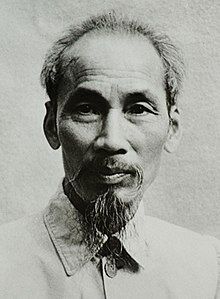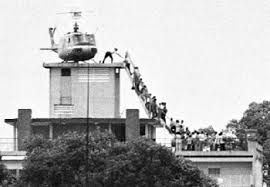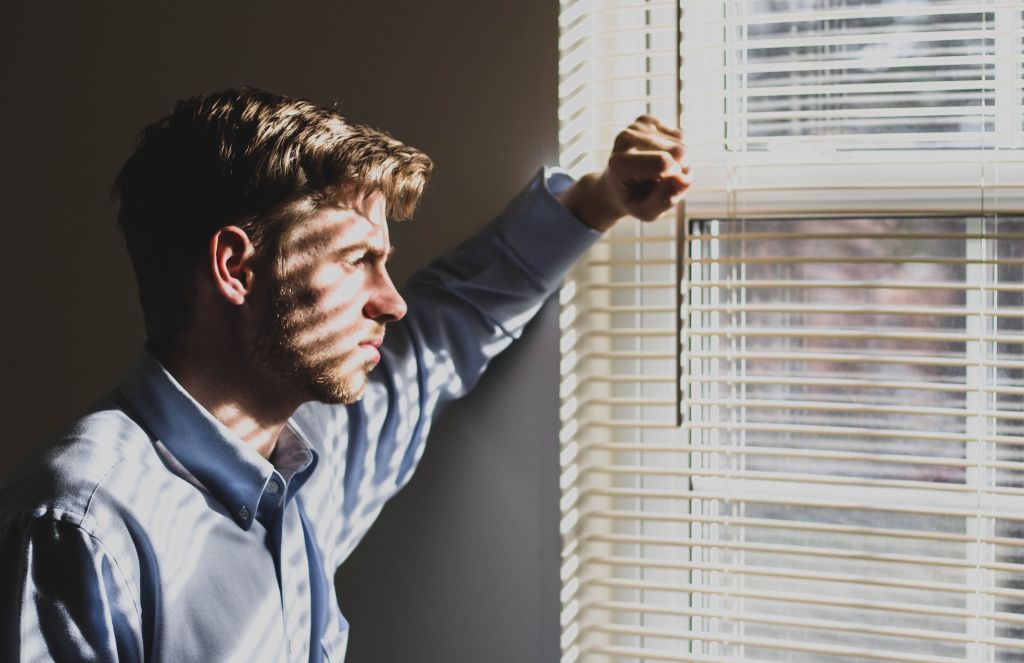
Americans have a well known history of impatience and a lack of resolve when faced with a patient and persistent enemy. Ho Chi Minh knew that if he kept the war in Viet Nam going long enough that America would eventually loose its resolve and abandon the fight and the country. The Taliban leaders are probably counting on the same thing in Afghanistan. Now, we are seeing the consequences of that lack of patience and resolve in the fight against the Corona Virus, especially among the young for whom patience was never a virtue.

The resurgences of COVID-19 infections and hospitalizations we are witnessing in the South and West are a direct consequence of people, many of them young people, becoming inpatient and ignoring the advice to socially distance themselves and wear masks. A recent hot spot outbreak in southeastern Michigan has been traced to a big college campus party at a bar that had just reopened. Event though he bar owners and staff took all of the precautions that they could, the crowd that gathered did not heed the warnings and advice and many did not wear masks. A couple of weeks after r the party, a large number of people reported being COVID positive and had spread the disease to others who weren’t even there when they went back home.
The Corona Virus isn’t aware of the lack of patience. It is just a very opportunistic organism with a single focus upon replicating itself. The fact that it sometimes kills its host just means that it must continue to jump from host to host as quickly as possible. It is convenient for it that many of the potential hosts choose not to protect themselves from infection.
In interview after interview that we see on the nightly news there are people (mostly young white people) who profess to be unconcerned about the pandemic. Many seem to be repeating the words of our MAGA-maniac that this is all somehow a big hoax or no worse that the regular flu. Of course, they usually aren’t wearing masks because their fearless leader doesn’t wear one. To them, it is all fake news.

We could dismiss that lunatic fringe were it not for the fact that they are joined by a large number of people who have just grown wearing of this battle and are ready to walk away from doing the things that are required to win. There will be no dramatic pictures of helicopters loading those who seek to escape from this battle, like there were from the the roof of the American Embassy in Viet Nam. There have already been claims of victory over this pandemic from the fearless leader that ring as hollow as the claims of victory over the Taliban. Like the Taliban, the Corona virus may hide in the shadows for a while, but it is not vanquished. It is just waiting for our patience and resolve to wane. The recent resurgence or second wave (call it what you will) has proven that strategy to be valid, as has the acceptance of the Taliban in so-called “peace talks” in Afghanistan.
The science of the situation has not changed; however, the economic damage and political pressures have increased to the point of overruling the best advice of our health professionals. The T-shirts worn by those protesting the restrictions that were imposed which used to say “Live Free or Die” would now be more correct in stating “Live Free and Die”. If it were simply that only the person unwilling to take precautions would be impacted, it might be OK to let that pass. Bu t it is not that simple.

So, now, five months into this pandemic, it is gut-check time for our resolve as a nation. Do we declare victory and walk away from the fight, knowing that thousands more will die; or, do we renew our resolve to take on this enemy and defeat it with the only real weapons that we have – avoiding crowds, practicing social distancing, washing our hands frequently and wearing a face mask? Eventually, our scientists will develop and give us a better weapon – a vaccine. Until then we must fight with what we have.
The Corona virus is incapable of smiling or snickering at us, but it has to be happy to see the waning resolve and lack of patience that its target hosts are displaying. Perhaps it will take a change in leadership at the national level (or one might say just leadership at all) to rally Americans against this enemy. We can win this battle. We cannot yet defeat the virus, but we can work to make sure that it does not defeat us.
Stay safe. Wear a mask in public. Practice social distancing. Wash your hands often. Be patient and persistent. Let’s defeat this enemy!



 Posted by Norm Werner
Posted by Norm Werner 





















